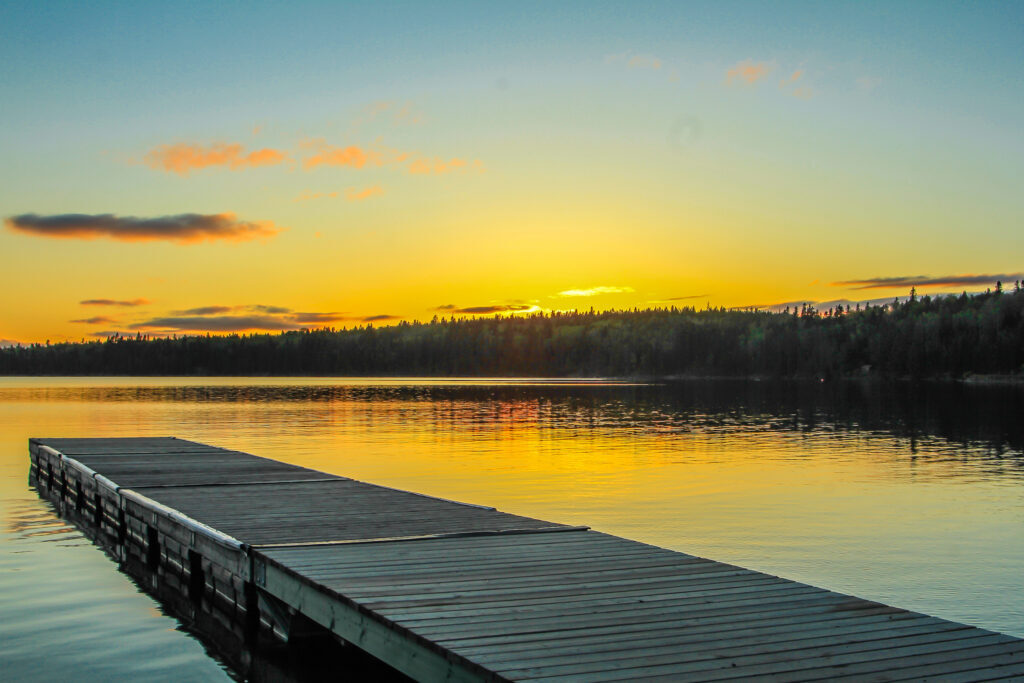

Why we keep trying to build more highways to alleviate congestion is beyond me.
Its an idea that has been consistently and thoroughly debunked since the 80s. No one who studies traffic has ever suggested highway upsizing to decrease congestion as anything more than a very temporary stop gap. Single or dual occupancy vehicles cannot continue to be the primary way we commute to work in a dense area like Toronto. It simply will not work, full stop. We can fight against the idea, but we’re wasting our time and money.
We need high density solutions. TTC line 1 was built in the 50s. Line 2 in the 60s, which comprise 64km of the current 70km in use. Line 3 was added in the 80s, but has been decommissioned due to maintenance costs and poor performance, but even that was only 6km. Why have we barely expanded the system since the city consisted of 30% of the current population?
We used to have more rail lines running throughout the province, mostly privately owned. They have since been discontinued with the advent of trucking. Why have we not reintroduced rail service? Canada as a whole is low population density, but the Niagara-Toronto-Ottawa-Montreal corridor has more than enough people to justify a regular rail line.
The Bradford Bypass and Highway 413 are an estimated 8-10$ billion, on the low end. Combine with his current proposed cuts to transit funding of ~$150 million, and it paints a clear picture of his priorities.









Glad the government refused to arbitrate at this point, and glad rail workers were deemed non-essential by the CIRB, meaning they can strike.
CN has been pulling in crazy profits, and is greedy and doesn’t want to share. They posted a net income increase of ~500mil last year.